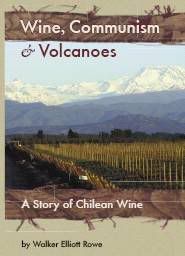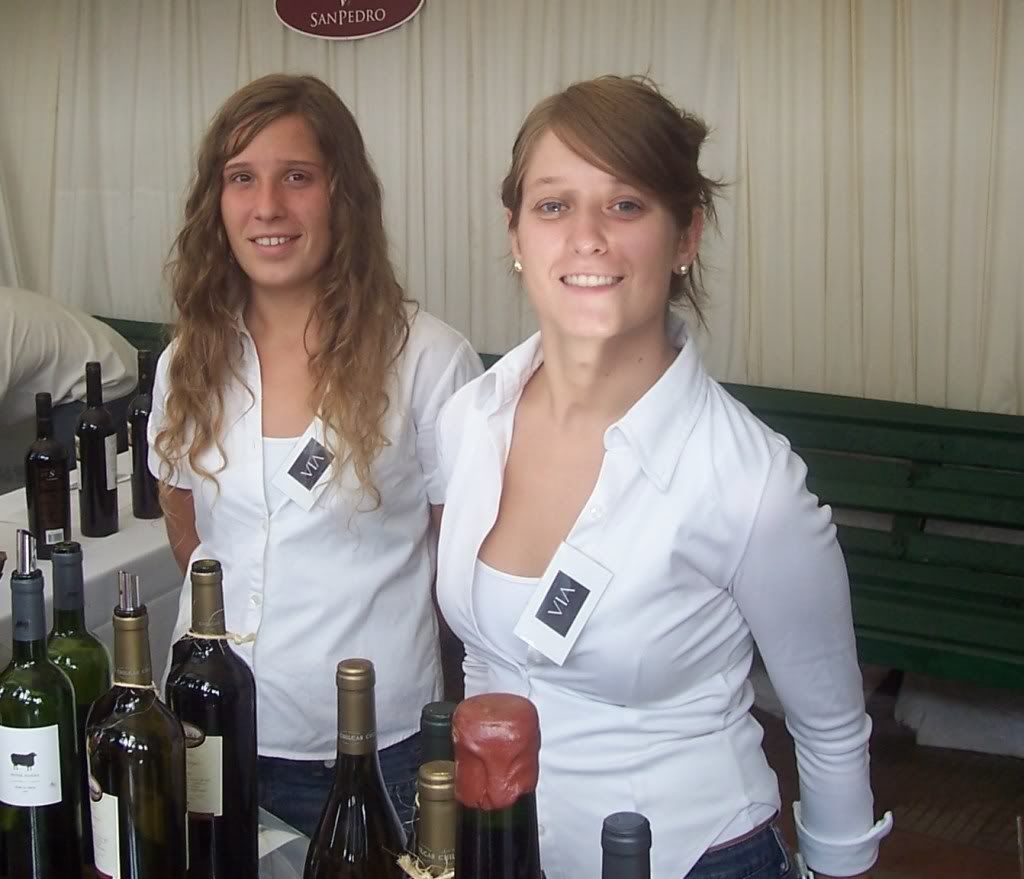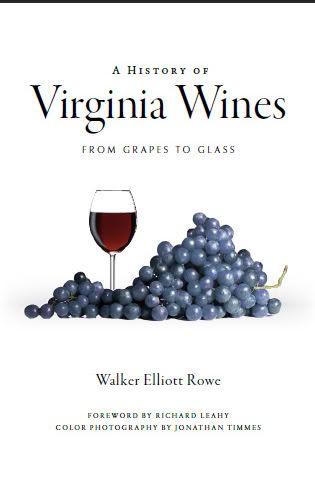I am still here in Chile having turned over the goats to a goatherd and a vineyard to a vineyard worker. So for my blog on Virginia agriculture today I write about the farmers market in Chile.
This is a four day weekend in Chile to mark the end of the War of the Pacific on May 21 which is when Chile defeated Peru and Bolivia enlarging their country and denying Bolivia access to the sea. Since the holiday is a Thursday Chileans take Friday for vacation as well. They have not pushed all their federal holidays to Monday as we have done so the kids get an extra day off school.
Here in central Santiago in a neighborhood located between Cummins and Quinta Normal subway stops peddlers line the street for a dozen blocks selling everything from clothes to seafood to vegetables. The streets are crowed on this cloudy Sunday morning as worshipers pile out of the Salvation Army church a few blocks away. The city library is crowded with students working on the free internet access provided there. The walls could use painting. Many books have their covers worn. At the entrance there is mention of a grant from the Melinda and Bill Gates Foundation. In the markets crowds of illegal immigrants from Peru sell pirated DVD music, candy apples, socks, or a single brassier if that is all they have for inventory. It would seem only in the USA and maybe Europe that copyright piracy laws are really enforced so the gringo pays $29 for the latest movie while on the street here it costs $2.
I head into the street to buy cilantro and peppers, kiwi, and olives, spring onions, and carrots. I am looking for a ready-made mix of spices called “verdura surtida” which is hojas de apio(celery), perejil (like cilantro), and oregano fresco(fresh oregano). Carrots are called “zanahorias”. Bell peppers are “pimentones”. Spring onions are “cebollin italiano”. Kiki of course is “kiwi” and plaintains are “platanos”.
According to today's La Tercera newspaper the latest fashion in agriculture in Chile arearellanos, which are hazelnuts, which you can have with your coffee at Starbucks. The newspaper says they can be grown here cheaper than anywhere else in the world. Fortunes have been made here and lost in olives, oranges, grapes and kiwi and now perhaps arellanos but those markets are given to wide swings in price. There is lots of kiwi planted here in Chile. One male plant is planted in the middle of a dozen or so females. The vines are trained overhead in theparron style of trellis which is used to grow table grapes and low quality wine grapes. You can readily tell a kiwi farm when you drive buy because the fruit smells strongly like kerosene.
All of this produce is of course local agriculture except no one touts “locally grown” or “organic” or any of that because Chile is one giant cultivated garden at least where the ground is not vertical (I.e. The Andes) or desert or timbered forest. So many people work in agriculture here not simply as laborers but as salesmen, agronomists, managers, and other that they don't treat it as a novelty like we do in the outer burbs of Northern Virginia. The situation here in Chile must be like, say, Fresno, California where agriculture is simply a way to earn a living for an entire communities.
Back at the market I have filled two shopping bags—you need to bring your own---for 4,000 pesos (about $8). I have some money left over so I buy oranges (naranjas) and acetunas which you might call “olivias” except they are not as salty. (Salt is to olives as vinegar and alum are to pickles)








No comments:
Post a Comment